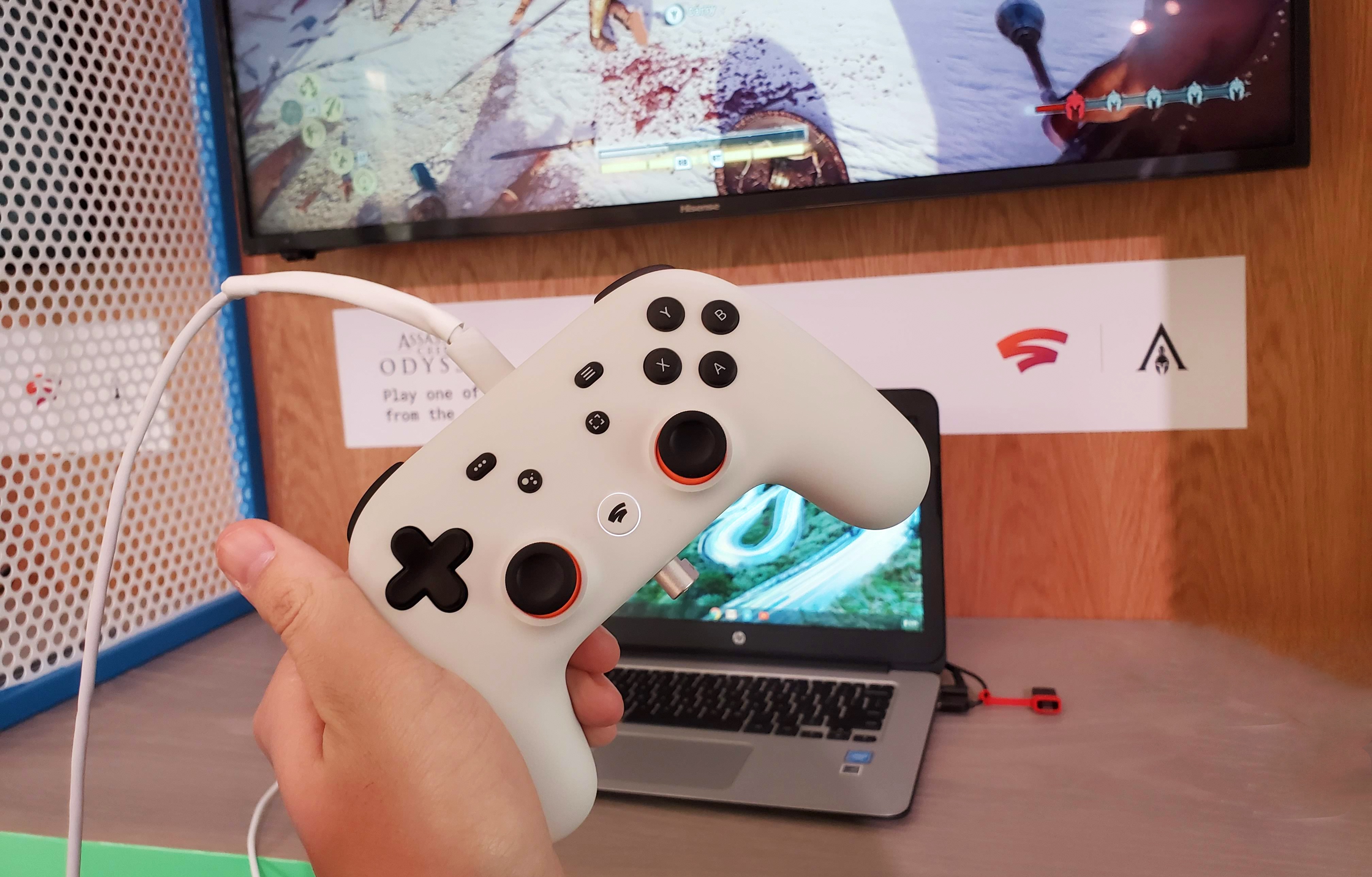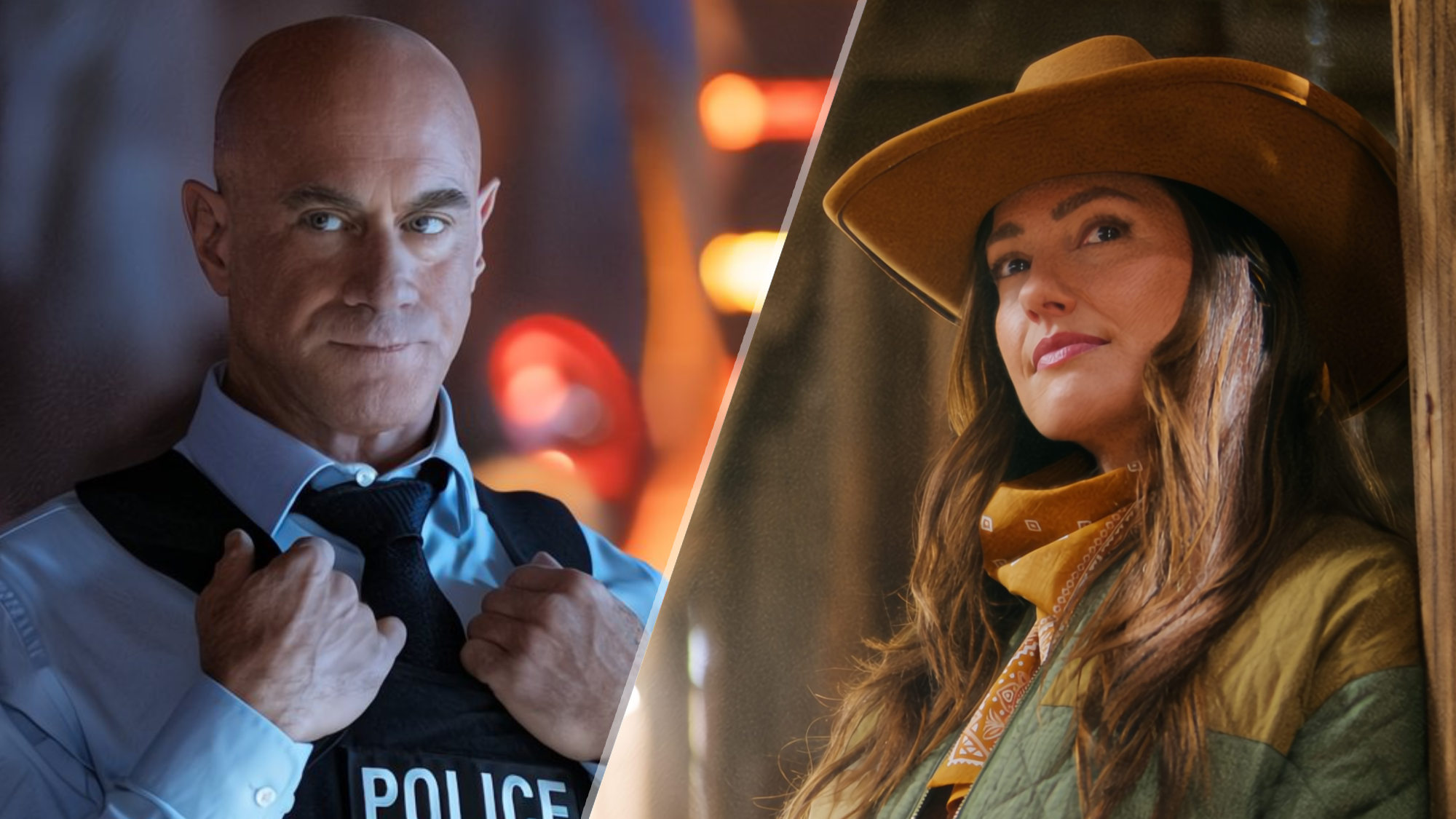GTA could come to Netflix gaming — why that's a bad idea
Netflix appears to be taking its bet on gaming seriously

If you’re a Netflix subscriber, you may have dipped your toe into the collection of mobile games available free of charge with the cost of your subscription. As well as titles based on shows like Stranger Things and The Queen’s Gambit, you’ll find a handful of critically acclaimed indie games like Spiritfarer, Oxenfree and TMNT: Shredder’s Revenge.
But this is far from the full scope of Netflix’s ambition, and the Wall Street Journal has an interesting report on what’s going on behind the scenes at the streamer as it seeks to become a big player in gaming.
According to “people familiar with the situation”, Netflix will soon offer two more mobile games based on its hit franchises Squid Game and Wednesday, and is considering more based on Sherlock Holmes, Extraction and Black Mirror.
Intriguingly, it also apparently wants to court more hardcore gaming crowds and has “discussed plans to release a game within the popular action-adventure series ‘Grand Theft Auto’ from Take-Two Interactive Software through a licensing deal.”
That’s extremely unlikely to be anything new — and the smart money would be on GTA 3, Vice City, San Andreas or even the DS title Chinatown Wars, which have all already been ported to mobile.
It would be a bold statement of Netflix’s intentions in the space, but I can’t help but feel it’s a somewhat misguided one. After all, most serious gamers have already played the GTA games to death, and casual gamers will likely find the experience a bit overwhelming — especially when hampered by mobile controls.
Netflix’s gaming moonshot
Netflix is clearly serious about getting into gaming. We’ve already heard talk of the company testing cloud streaming to TVs to rival Game Pass and opening its own in-house games studio.
Sign up to get the BEST of Tom's Guide direct to your inbox.
Get instant access to breaking news, the hottest reviews, great deals and helpful tips.
Indeed, the WSJ report notes how the current strategy of licensing games and building its own mimics the way it became a force in movies and TV: first by licensing shows people wanted to watch and then making its own. Just replace third-party shows like The Office and Breaking Bad with third-party games with Bloons and Solitaire.
But video streaming was new with no obvious playbook to follow. Gaming is different, and Netflix faces giants like Nintendo, Microsoft and Sony. Remember when Google and its billions of dollars tried to muscle in on that space? It closed its first-party studios within two years, and Stadia was dead 24 months later.

There’s potentially an even larger challenge that Netflix faces too: its subscribers seem extremely apathetic about gaming, which is unsurprising when they signed up for something completely different. The report says that less than 1% of Netflix’s subscribers are playing the service’s games on a daily basis.
They’re likely to go from apathetic to downright hostile if subscription prices rise to subsidize an entertainment medium they have no interest in. The WSJ report suggests that gaming will be used to help justify future planned price rises, which doesn’t seem to be terribly well thought through. It would just create calls for a gaming-free subs package.
Squaring that circle
If I were in charge of Netflix, here’s how I’d try and unite the gaming and TV/Movie crowd.

The WSJ estimates the company has spent around $1 billion on games so far. I’d use the future budget to tap up the likes of Telltale Games (The Walking Dead, Game of Thrones, Batman), Quantic Dream (Heavy Rain, Detroit: Become Human) and Don’t Nod (Life is Strange) to make their excellent choose-your-own-adventure style games out of Netflix properties.
These are not only excellent games in their own right, but are welcoming to casual and non-gamers, and could lure in subscribers by promising to reveal more of the stories behind their favorite shows.
To me, that seems like a far more sensible path than trying to take on the giants of gaming directly. But hey, I’m not a Netflix executive…
More From Tom's Guide
Freelance contributor Alan has been writing about tech for over a decade, covering phones, drones and everything in between. Previously Deputy Editor of tech site Alphr, his words are found all over the web and in the occasional magazine too. When not weighing up the pros and cons of the latest smartwatch, you'll probably find him tackling his ever-growing games backlog. Or, more likely, playing Spelunky for the millionth time.

